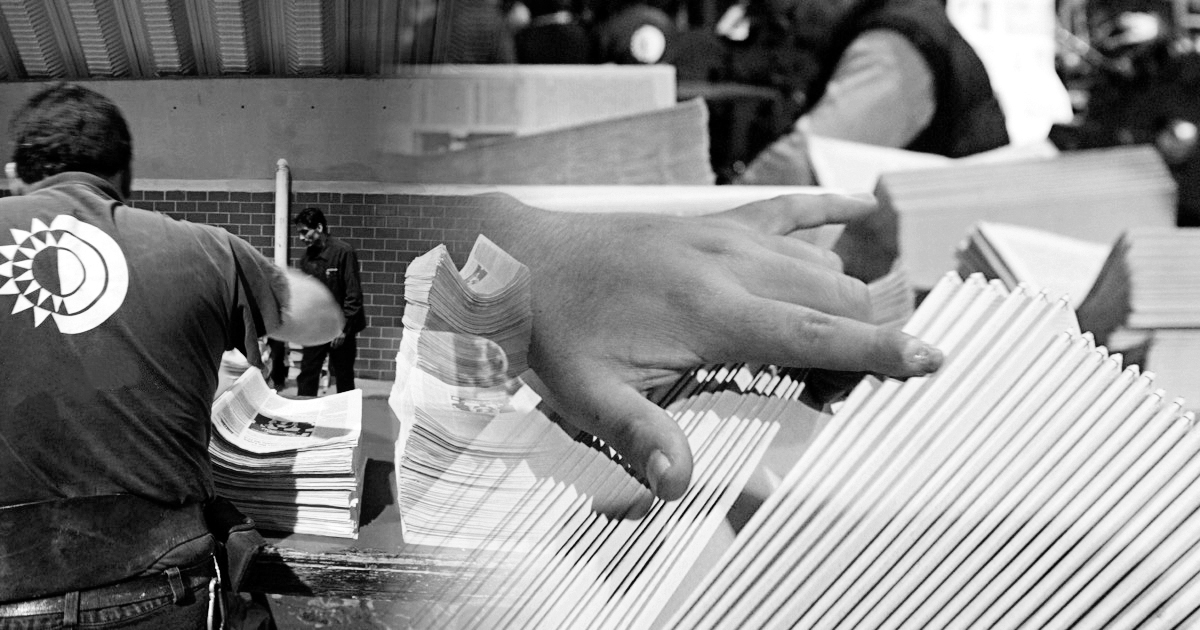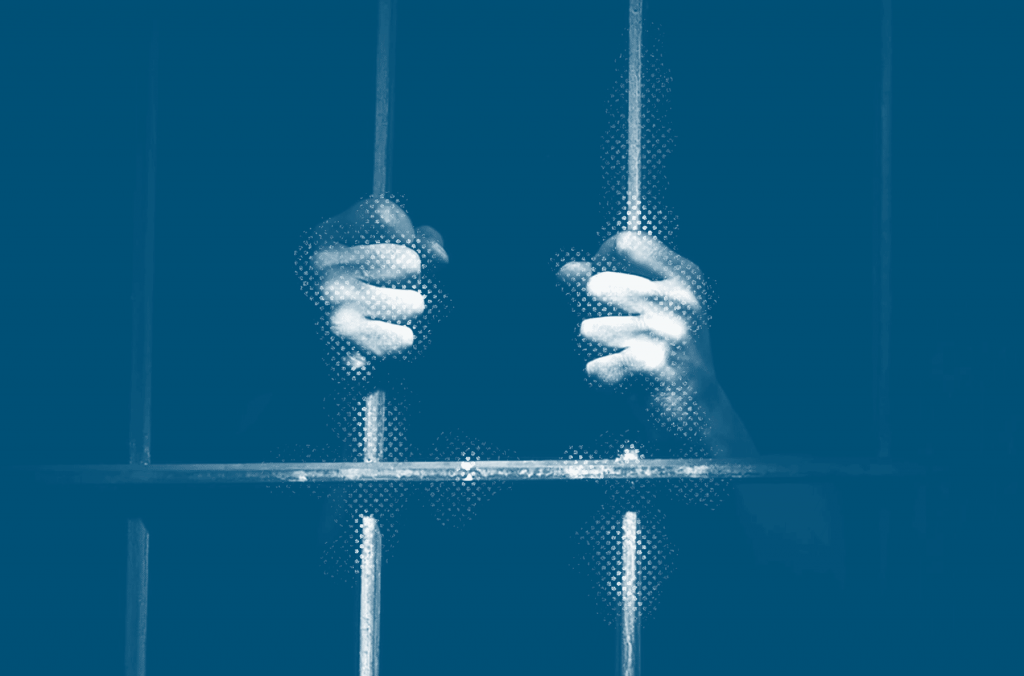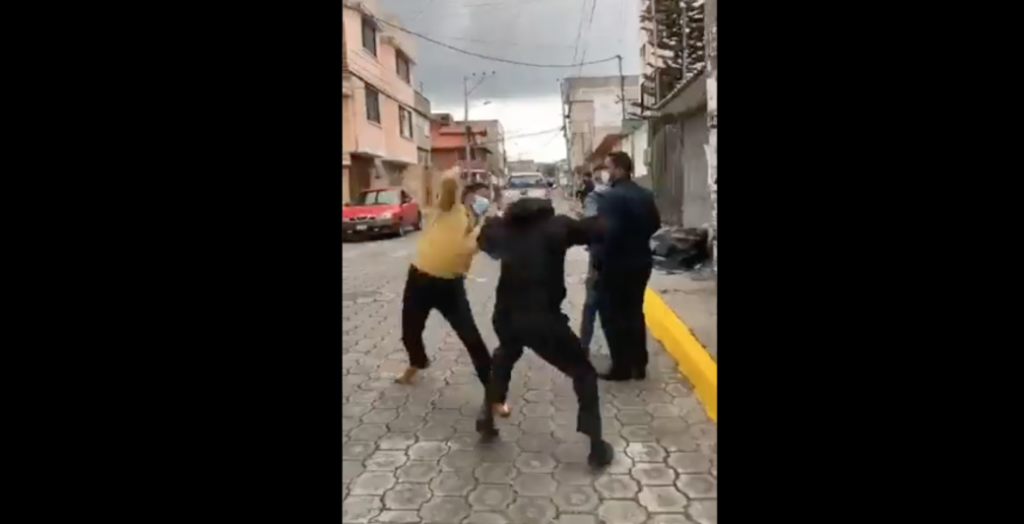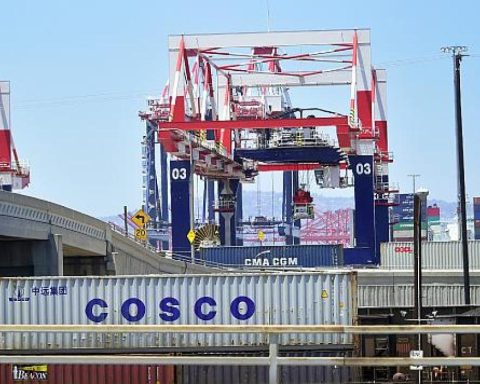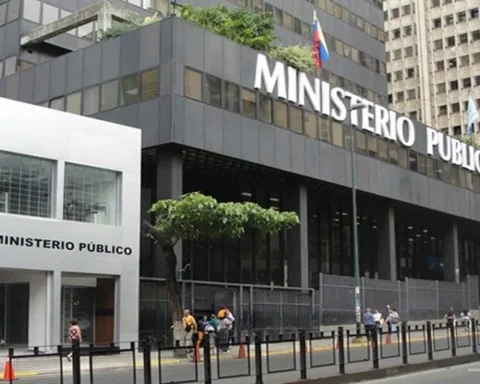AND
or say that the point To make the historical analogies is not to look for two identical situations –something in itself impossible–, but to warn about the possible dangers on the part of power. The debate a few years ago around the Trumpist detention centers for migrants, where children separated from their mothers were locked in cages and slept on the floor without the most basic assistance, compared to the Nazi concentration camps
illustrates it well. For some these analogies “minimized the ‘true’ fields and the memory of their victims.” Even the history of the Holocaust itself
(bit.ly/30Wsxjp). For others, these comparisons were morally justified
. The images of migrants in cages served to alarm us that the darkest thing in history is capable of repeating itself (bit.ly/3CQHGQ9). So I think that – despite its institutional instrumentalizations such as the Holocaust Industry, a term coined by Norman Finkelstein, the son of Polish-Jewish survivors, or from a simple fact that something can be hideous without being a another holocaust
– It must continue to be used politically, maintaining its relevance for future generations. Especially when it comes to defending the most helpless -migrants, refugees-, a position well summarized in the dictum from Włodek Goldkorn, another son of survivors and victim of anti-Semitic persecution in communist Poland (1968): “If ‘Auschwitz’ does not serve to defend the weakest, then what is it for?” (Dziecko w śniegu [El niño en la nieve]
, Wołowiec 2017, p. 237).
Thinking about this and more images of migrants from the Middle East stranded in Białowieża, on Poland’s border with Belarus (bit.ly/3nIRBDk), I thought of another event and another (pre) Holocaustic analogy that – with its differences – illuminates the way in which refugee crises are products of government policies.
Let’s go back 83 years and to the other – the western – border of Poland. In the late 1930s, watching the rising tide of anti-Semitism in the Third Reich where nearly 60 percent of Jews foreigners
were Poles, the authoritarian government of Healing in Warsaw (bit.ly/3HOVbDL) who was just as anti-Semitic as the Nazis, fearing that these people would be forced to return, revoked, through a tricky bureaucratic clause, their citizenship. The Nazis viewed it as a threat to their still prevailing policy of encouraging Jewish emigration (without a passport they could not travel). Thus, in October 1938 the SS ordered the Polenaktion
(bit.ly/3r2pX65): the arrest, dispossession and expulsion of some 17,000 Polish Jews to the border. Although at first the Polish guards allowed a few hundred expelled to pass, the border was soon ordered to be closed. Thousands were left homeless. Denied entry and any assistance. For the Polish government they were unwanted and – now yes … stateless
(sic). The border was populated with squalid camps filled with thousands of people who for almost a year – until the Nazi invasion of Poland, which in itself was a condemnation for them – subsisted in inhumane conditions. A field in Zbąszyń was particularly dire. Faced with the mistreatment of a part of his family that was stranded there, Herschel Grynszpan (bit.ly/30N9eJC), a young man who managed to flee to Paris, entered the German embassy and killed one of its employees (he could well have taken revenge on a Polish official). For Goebbels it was a pretext that detonated the Kristallnacht (bit.ly/30RpdGB), the turning point and straight path to the Holocaust (S. Friedländer).
Zbąszyń 1938. Białowieża 2021. The analogies are clear:
Like yesterday’s Polish-Jewish expelled, today Kurdish-Iraqi, Afghan or Syrian refugees were caught in the game between two governments: Warsaw and Minsk; Although they have never been Polish citizens, Poland – even if it denied it as in 1938 – had responsibility for them as it was, together with the United States, at the forefront of the invasions of Iraq and Afghanistan.
As yesterday, they were denied return to one country and asylum in another: Belarus pushed them to Poland and Poland pushed them back; Like the refugees of yesterday, they subsisted and died in no man’s land
, dehumanized and instrumentalized (most of the camps have just been dismantled, repatriation began and talks about a corridor through which a part could reach Germany, bit.ly/30NXlmj).
As yesterday, the Polish government of PiS, political heir to the Healing – and other more right-wing currents -, used this crisis for its nationalist exaltation (bit.ly/3oSznyu), rather covering their weaknesses.
Just as 83 years ago there was talk of war: Moscow and Minsk, amidst tensions, began military exercises (Zapad 2021); Russian bombers patrolled the Belarusian sky. Warsaw invoked the NATO clauses and claimed that the hybrid attack
to the EU using migrants was barely the first step
. Perhaps, rather, an analogy too far.
